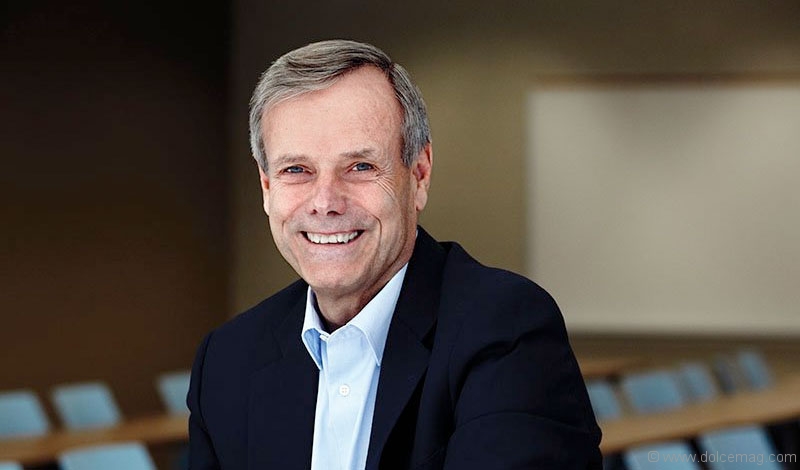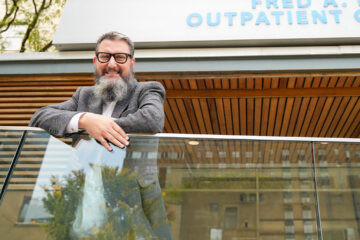A Part to Play – Gordon Cressy
It was a Tuesday evening in May 1969 when I got the phone call that changed my life. The person on the other end said my younger and more successful brother Bill had jumped to his death at Sunnybrook Hospital.
Until that moment, my life had been comfortable. Growing up in an upper-middle-class neighbourhood in north Toronto, we knew everyone on our street, attended St. Leonard’s Church and played golf at Rosedale Golf Club. Both of my parents were heavily involved in our church, so community work was in the family blood.
I had already started my career path, working in the Caribbean and the south side of Chicago trying to make a difference for people. But that phone call, along with my other brother Jim being diagnosed with schizophrenia (which he has courageously lived with for 40 years), solidified my life’s work. Looking back now I realize that what has driven me over the years was a very real need to try and make things better in big places and in small ones.
I’ve had a chance to run a group home for kids in trouble with the law and to spend over a decade as a local politician. I have played key roles at the United Way, the University of Toronto, Ryerson University, the Learning Partnership and the Nelson Mandela Children’s Fund, and I initiated the Canadian Tire Jumpstart Charities.
I became a bit of a sought-after public speaker and found a new skill as an auctioneer for charity events. It was after one speech that a boyhood friend asked why I never talked about my brothers in public. Simply said, I was uncomfortable with it. Some of the reasons were deep-seated. He insisted that it may help people to hear about my family’s experience, so after discussing it with Jim, I pushed myself and told the story often. The Toronto Star featured it with a photo of the two of us. We were always close — playing golf and table tennis, sharing dinners and spending time together the way brothers do. Having our story told publicly made us even closer.
I’m 70 now, and I recently spent three years in the Caribbean working with my wife and the local community to build the first-ever YMCA in Tobago. Back in Toronto I was looking to keep involved in the community when George Brown College called and asked if I could run its foundation. I had served on the college’s board in the ’90s and knew of its extraordinary work in mental health. One of the programs takes students referred by the Centre for Addiction and Mental Health (CAMH), supports them through assistant cook or construction craft worker training and helps them get a job. This population normally has an 85 per cent unemployment rate, but more than three quarters of the program’s graduates get real, sustainable jobs. The impact is remarkable — people on the margins helping themselves and
transforming into contributing, happy members of society. Just another example of how access to education changes people’s lives.
Each year George Brown hosts a celebratory lunch for the graduates and supporters of the program. This year, a man named Louis got up, said that he was now 50 and this was the first job he was able to hold since he was 24. Louis’s story gave me goosebumps. People can and do break through. There is still much work to do at George Brown — raising money for students, mentoring young colleagues and making sure people from all walks of life have pathways to fulfil their dreams. Jim continues to volunteer at Central Neighbourhood House and Kensington Gardens. He beat me at table tennis two Sundays in a row. We have learned we each have a part to play. So we play on.
Gordon Cressy
Guest Community Building Editor
Gordon Cressy has dedicated his life to others. From working as a community organizer in Chicago to serving as a Toronto city councillor, leading the United Way of Greater Toronto to teaching community-engagement courses at the University of Toronto, Cressy has worked endlessly to encourage others to better themselves and the world around them. Today, he directs George Brown College’s charitable foundation in Toronto.
www.gordoncressy.com


















































































No Comment